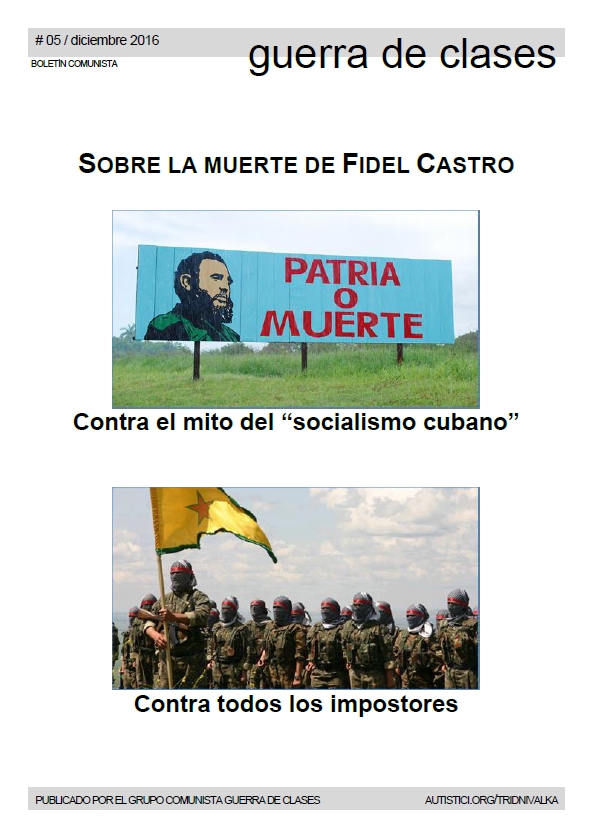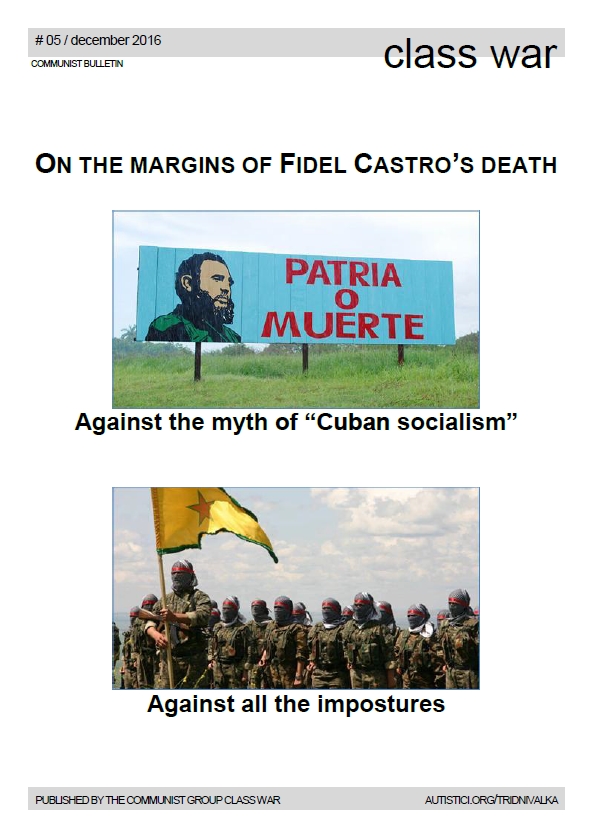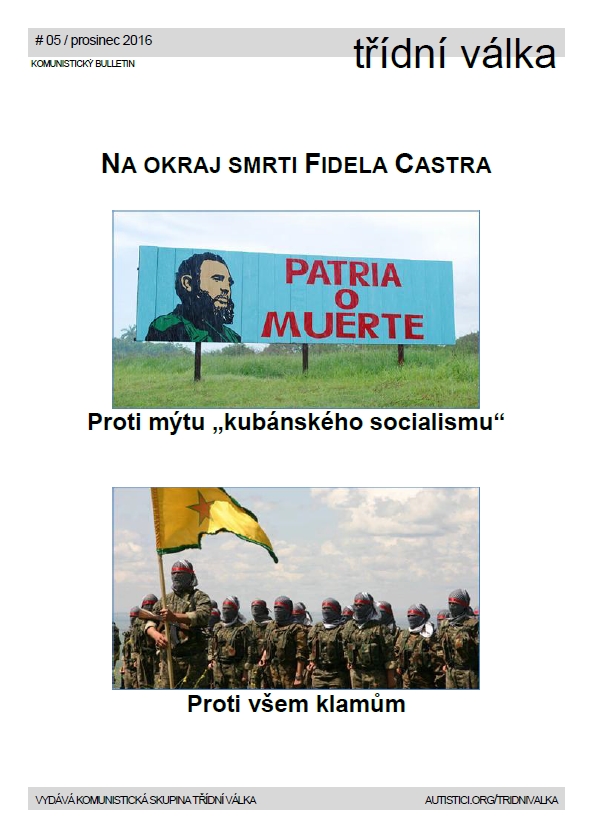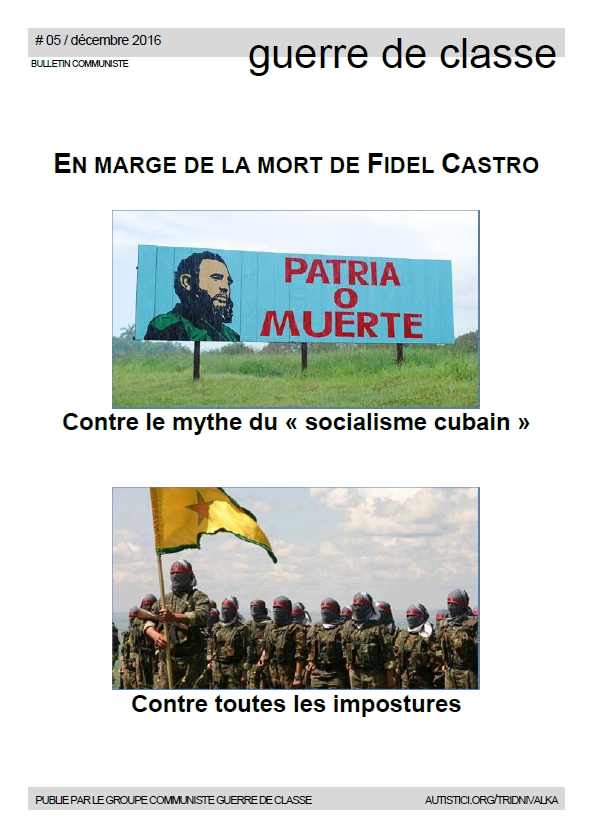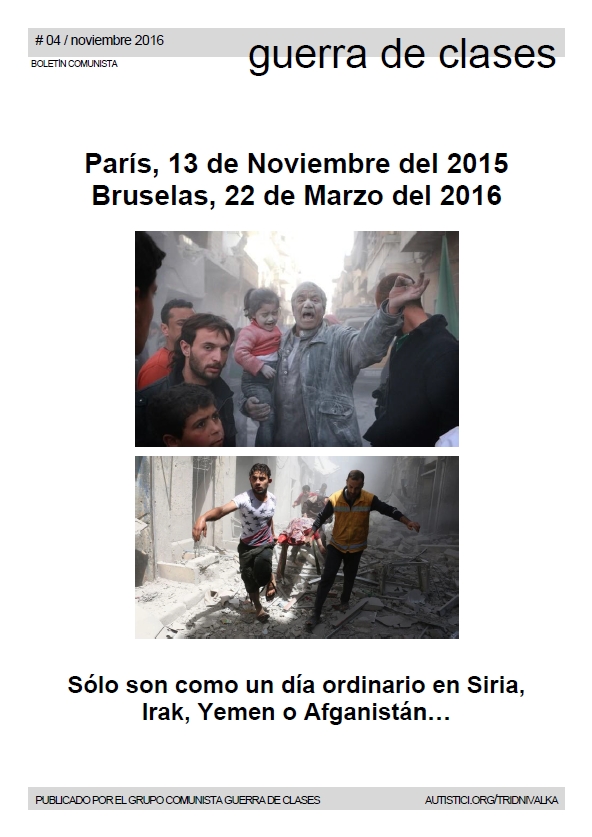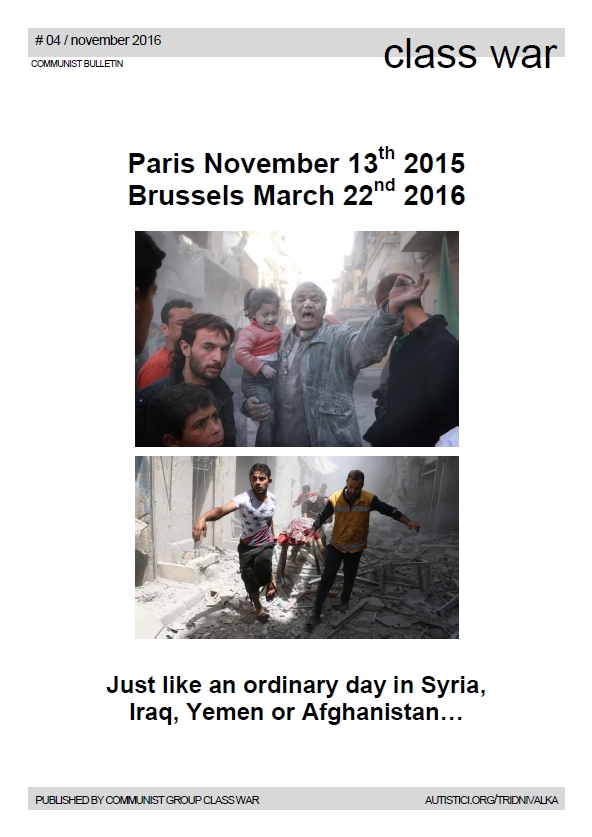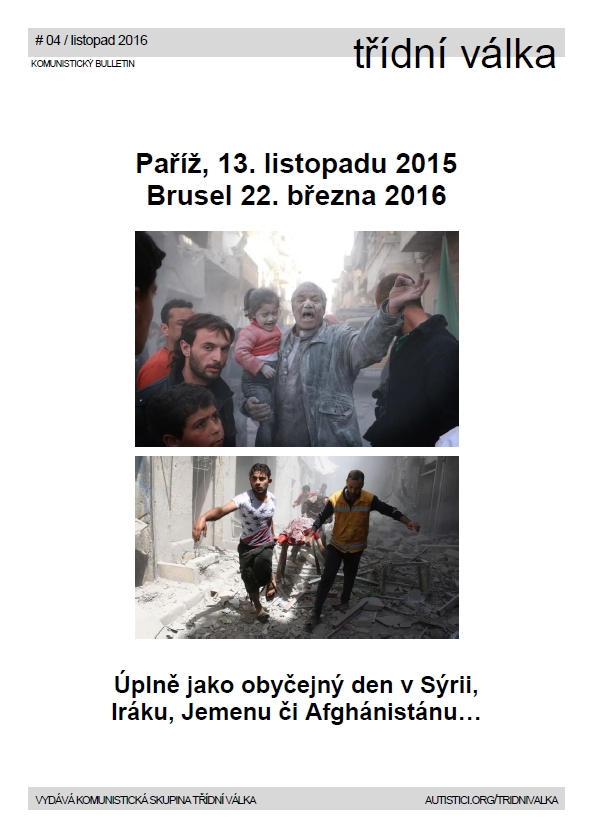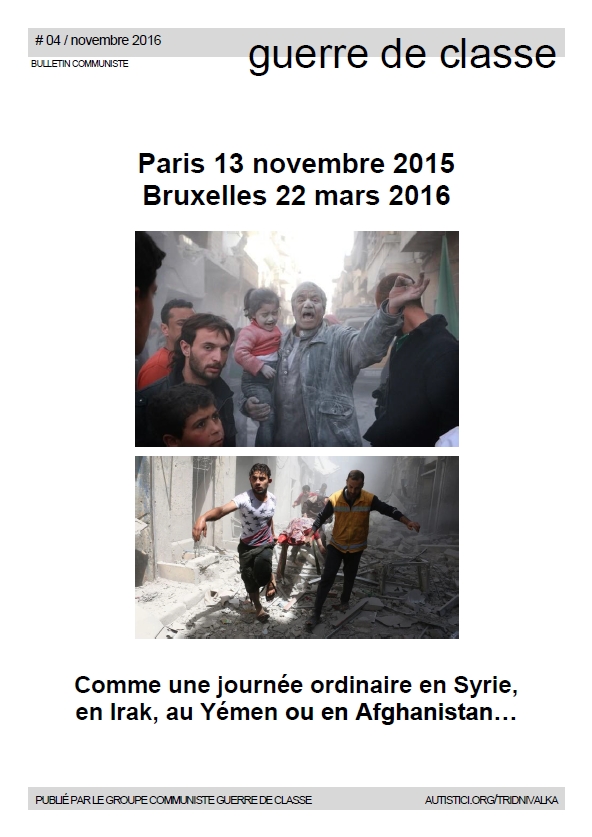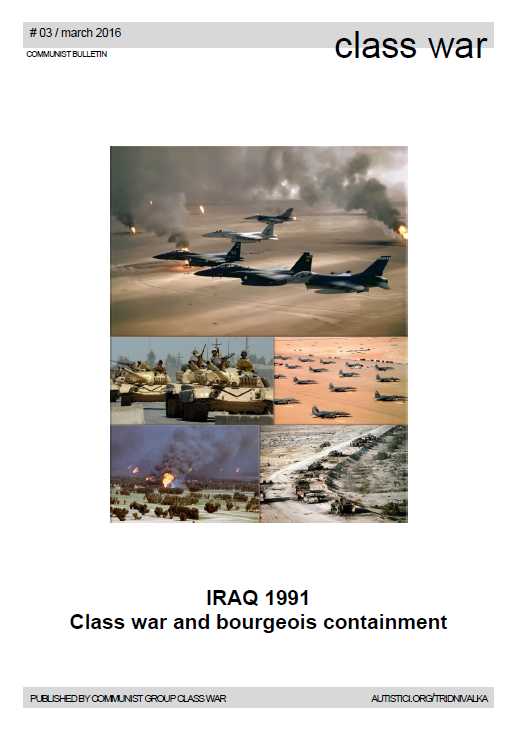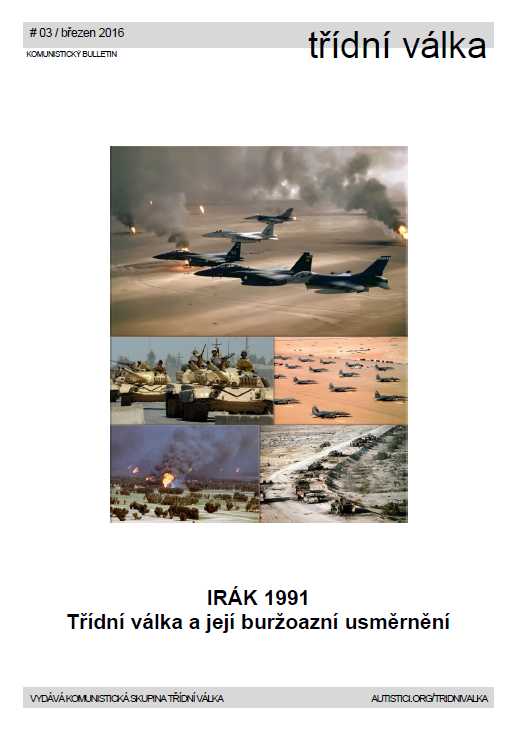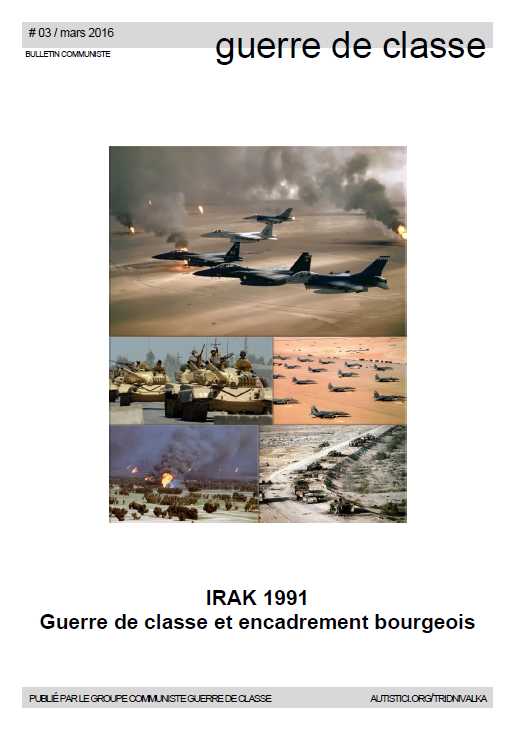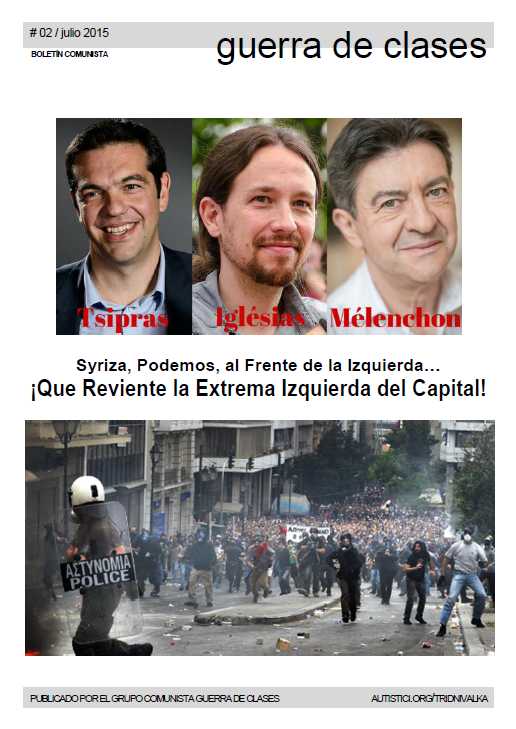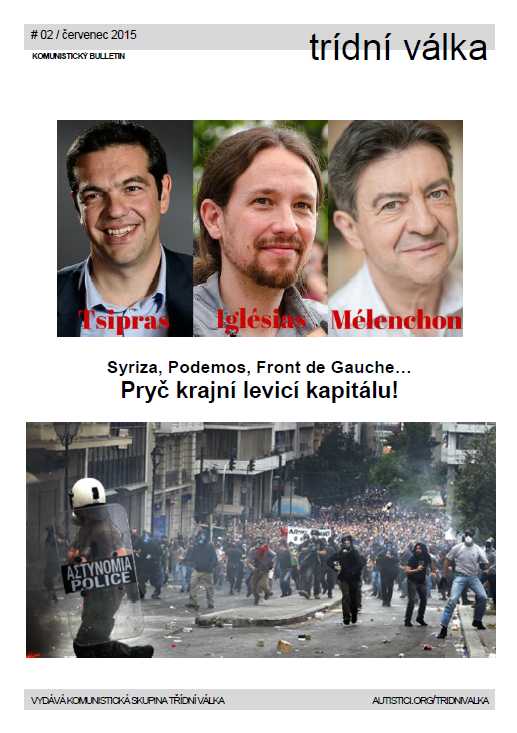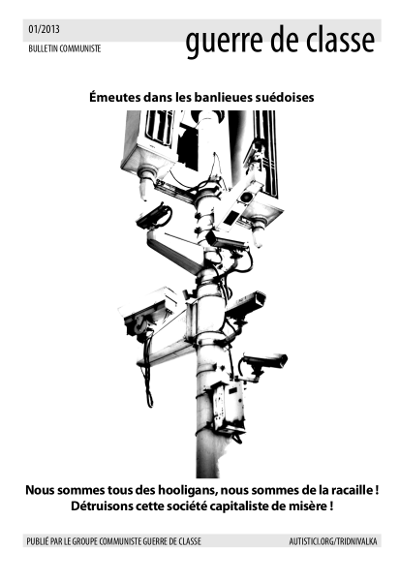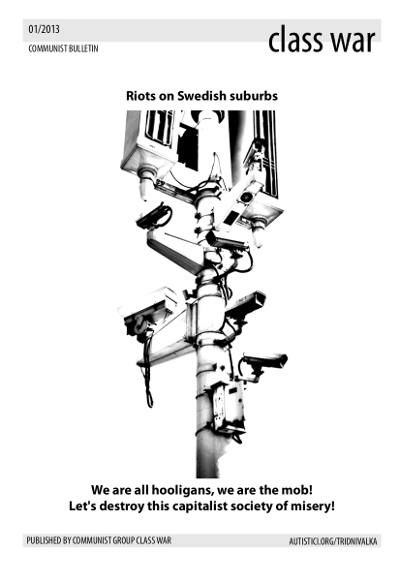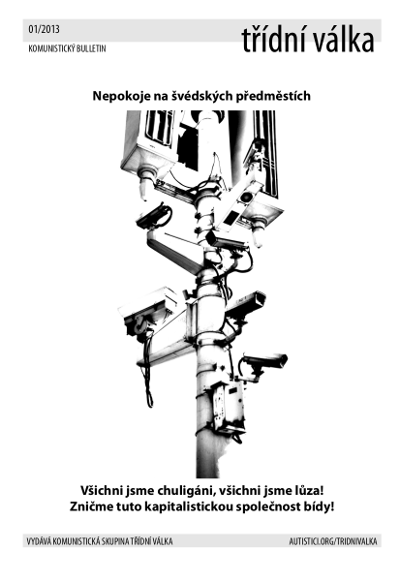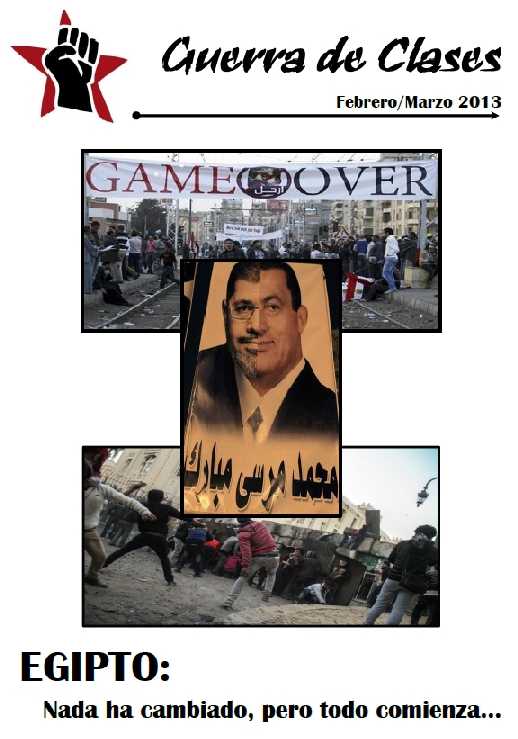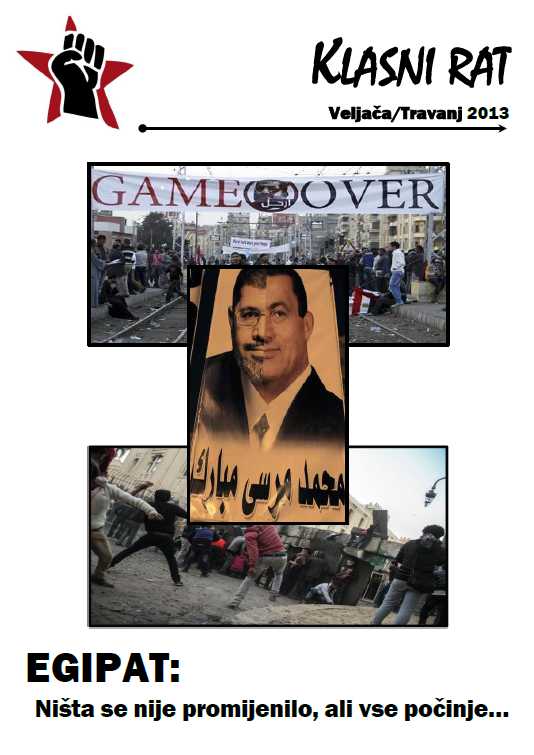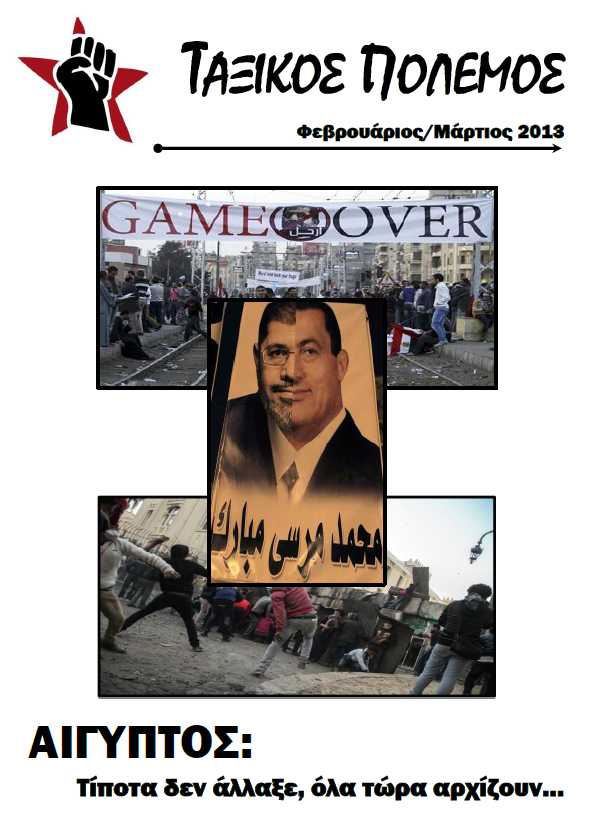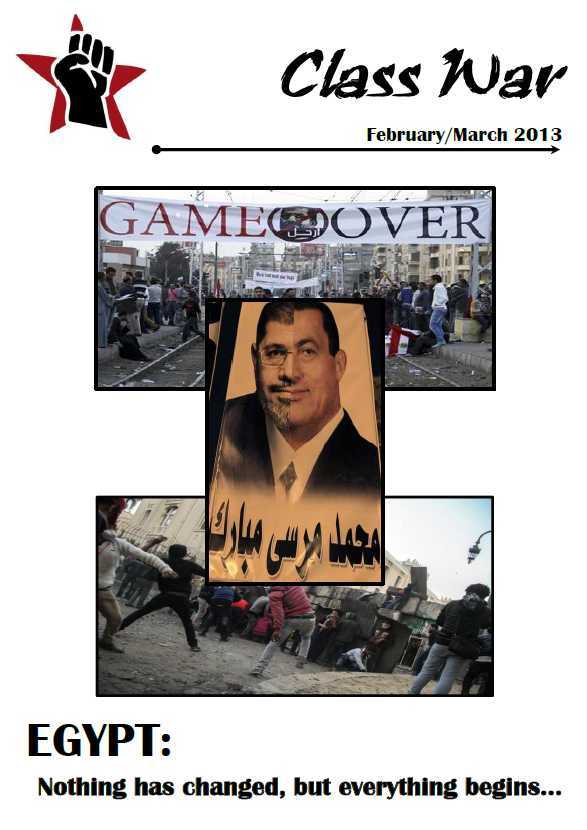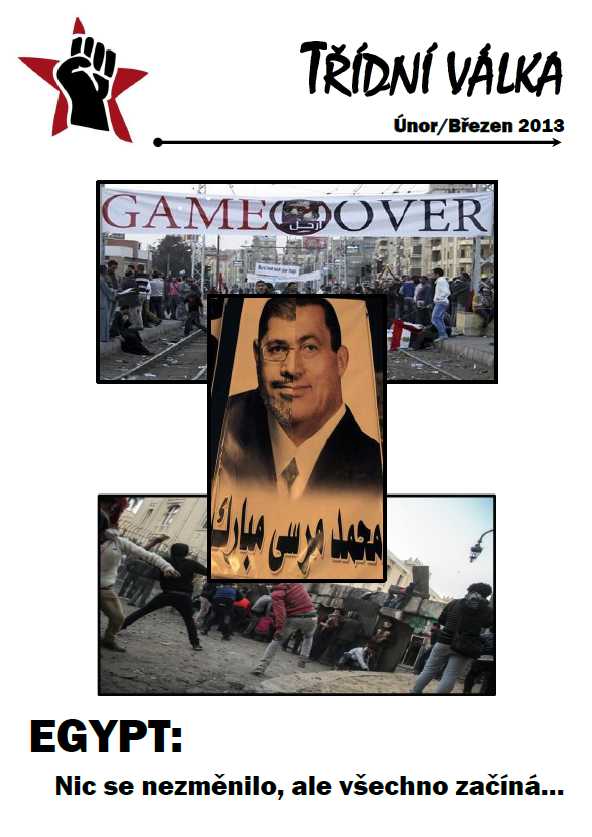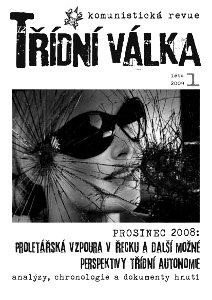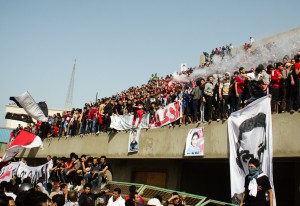 The text “Egypt: The self-management of Port Said and the workers’ struggles” was originally published on InfoAut and its English translation can be found on Anarkismo. We used it as one of the sources of information for our own contribution to the proletarian struggle in Egypt. We have translated it in Czech and we publish the full text now. It describes living and contradictory process of change of existence and therefore even the consciousness of struggling proletarians in Port Said, agglomeration of 600,000 inhabitants in the Northern Egypt, in the mouth of Canal of Suez.
The text “Egypt: The self-management of Port Said and the workers’ struggles” was originally published on InfoAut and its English translation can be found on Anarkismo. We used it as one of the sources of information for our own contribution to the proletarian struggle in Egypt. We have translated it in Czech and we publish the full text now. It describes living and contradictory process of change of existence and therefore even the consciousness of struggling proletarians in Port Said, agglomeration of 600,000 inhabitants in the Northern Egypt, in the mouth of Canal of Suez.
As it describes real movement, this text necessarily touches also many of its weaknesses. It would be nevertheless too easy to get stuck at what the text describes as “self-managementism” and “popular police” and to denounce the movement as a struggle for “workers state” or “real democracy”. As we often underline in our texts, the question is not about a name of a structure (and even lesser about what is it call by the author of the text), but about the content realized by it, about activity that it develops and all this in the framework grasping the class struggle as a process, as a series of ruptures with the capitalist state.
Therefore we do not deny that the situation and the movement itself (in Port Said as well as anywhere else) carry a lot of contradictions, contradictory tendencies, therefore weaknesses. But unlike the idealists who label the struggles that do not content a dreamed up absolutely revolutionary quality at best as “struggles inside of capital” and at worst as “struggles for democracy”, “consumerism” (following completely the bourgeois propaganda) etc., we see in our analysis collective existence and practise inside of proletarian movement regardless the flags or individual “consciousness” of the participants, because it is exactly these struggles that change the conditions of production and reproduction of real life.
It is clear that social consciousness reflects balance of forces in the existing class social relations. It is therefore clear that proletarian struggles carry in their very heart different weaknesses which are products of bourgeois ideological dominance as well as a reflection of reproduction of social life under the tyranny of value. Even during the proletarian revolution the bourgeois consciousness will dominate masses of the proletariat and it will dominate them as long as this consciousness will reflect the existing class division of the society.
It is the struggles themselves, as we have already said, that change the conditions, the balance of forces. In these struggles (as today in Port Said) the proletariat stops to be a sociological category, “abstract” class scattered in melange of isolated citizens, but it becomes again the class disturbing the logic of capitalist domination and creating conditions for reproduction of needs of life antagonistic to this society and, at a conscious level, the class creating in this process the revolutionary critique.
Idealists on the contrary expect 100% revolutionary consciousness in a class conflict from the very beginning. In their approach the mutual relation between existence and consciousness is lost, as well as the movement – that is to say the process of rupture with domination of bourgeois ideology and everyday reality of capitalist social reproduction is lost.
Despite all these theories the revolutionary situation will not come out of the blue. It will be produced by a huge class conflict, many struggles and defeats and their reflection, active participation of masses of proletariat and its most radical and conscious minorities, communism as a programme organically establishing itself against dictatorship of capital.
